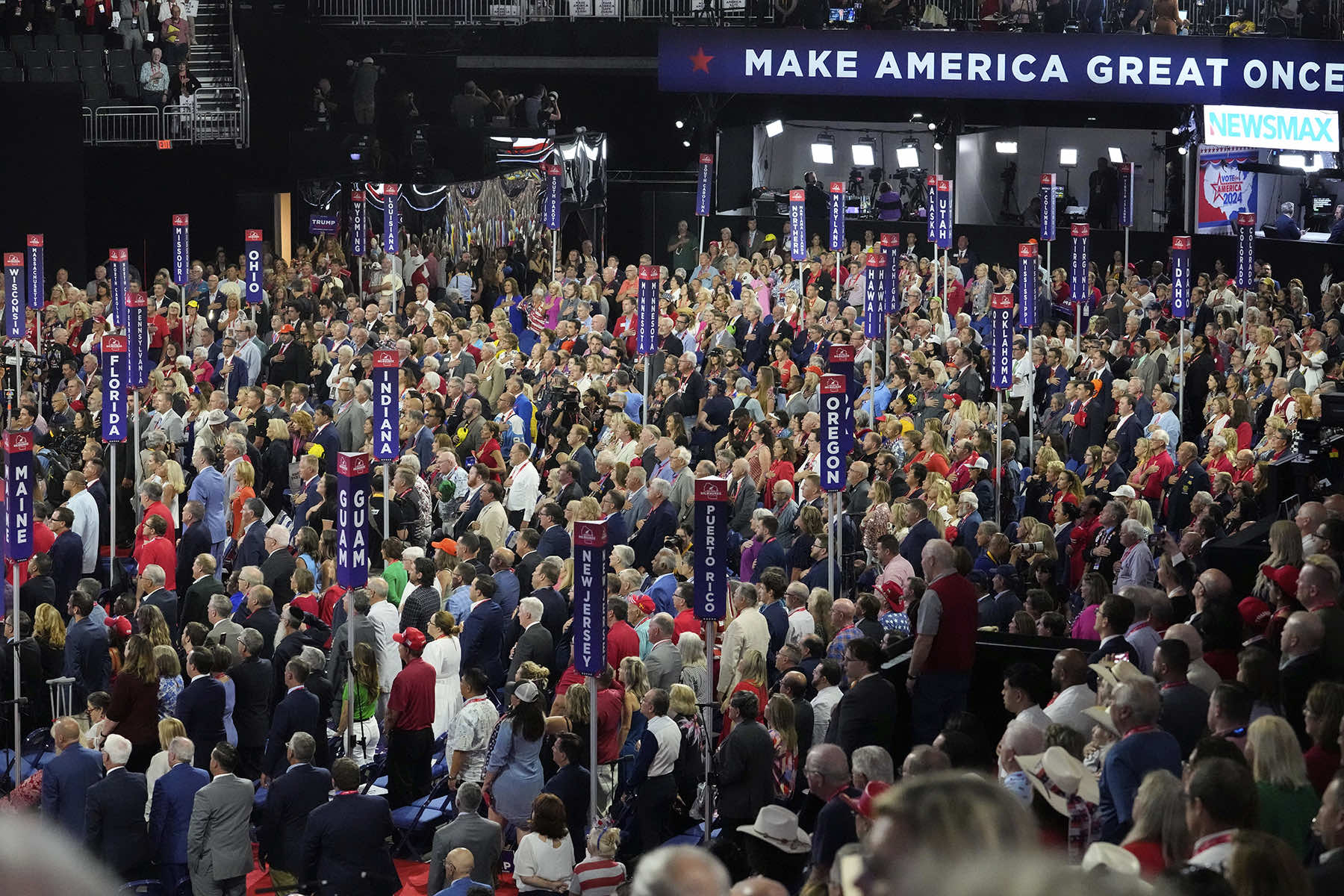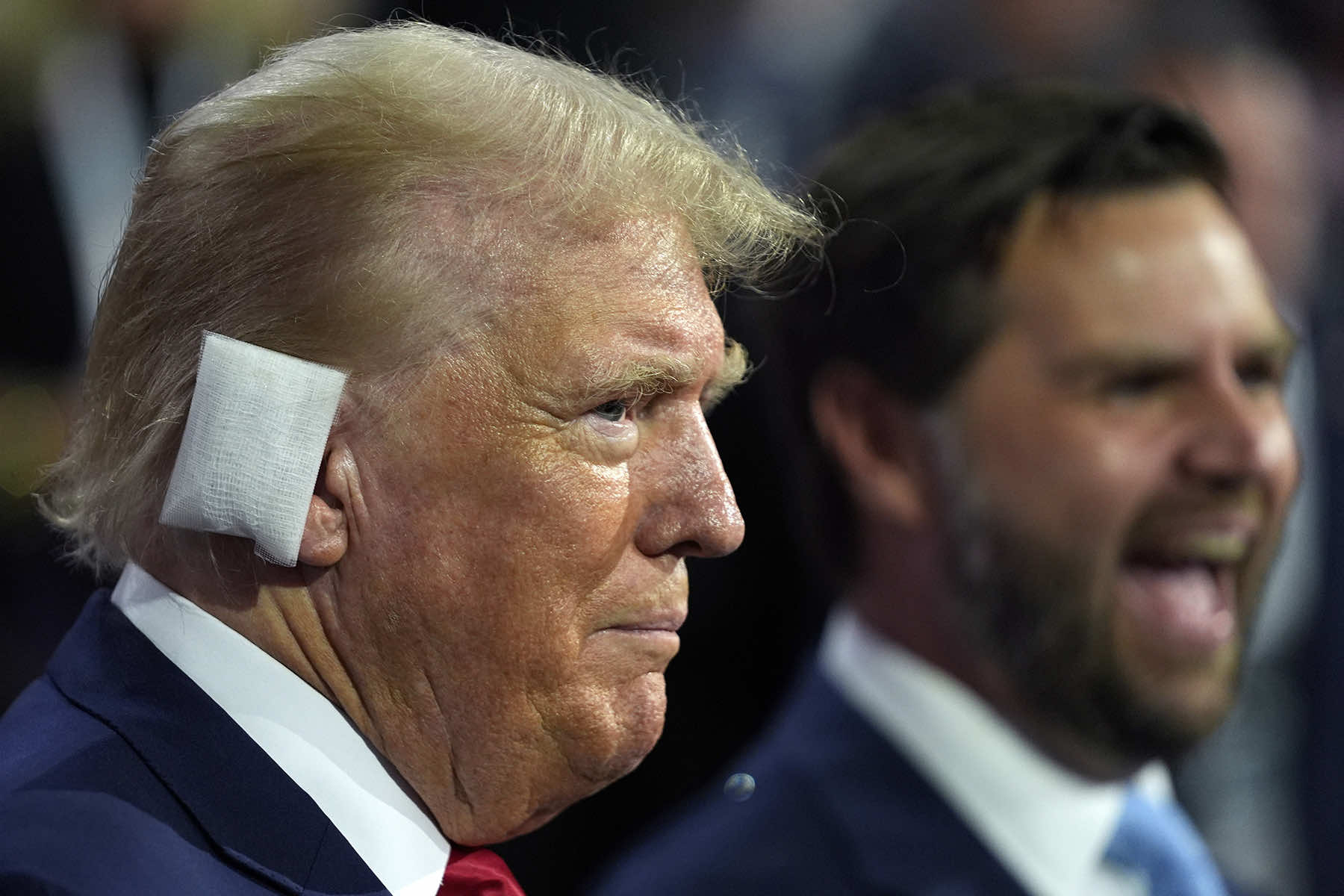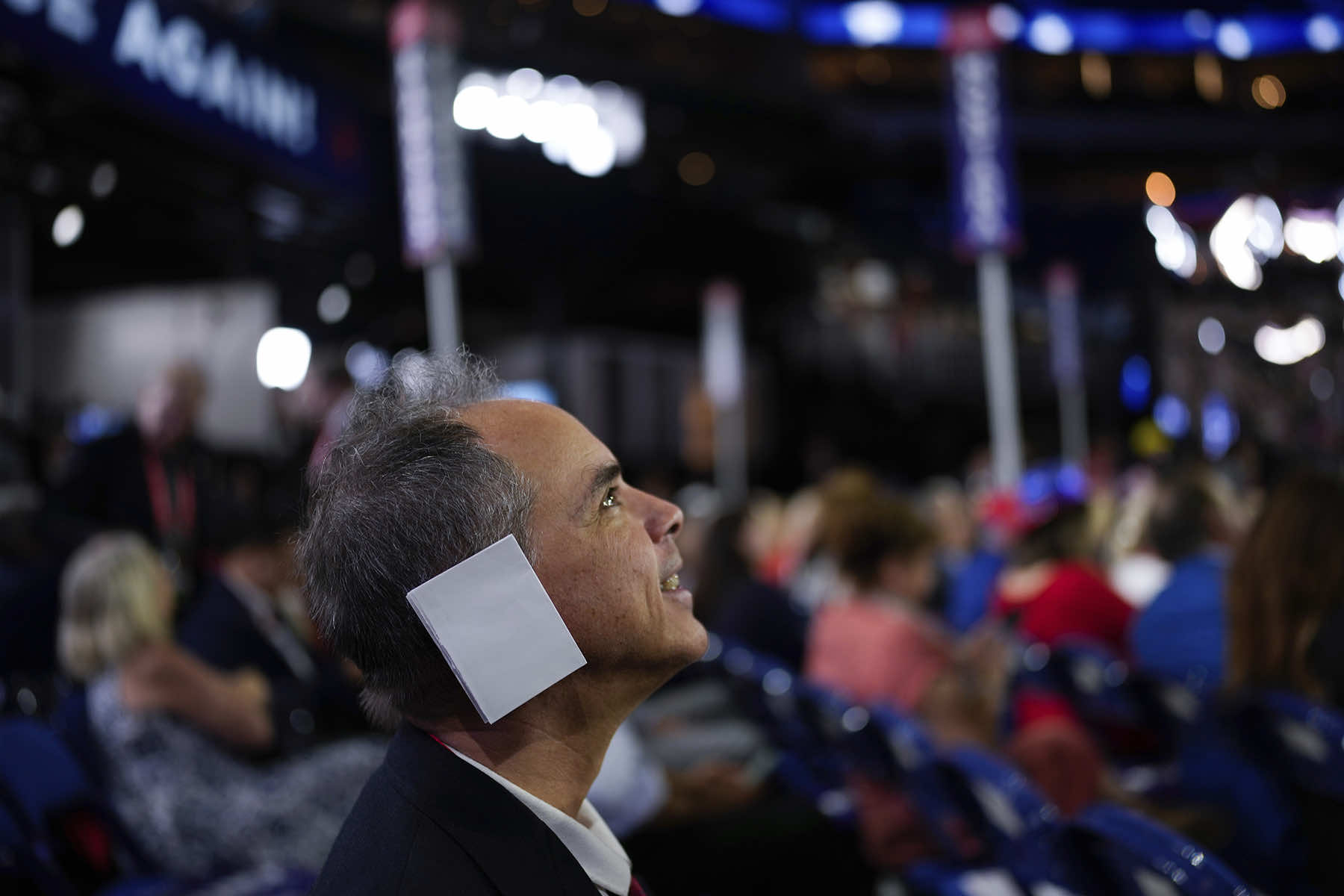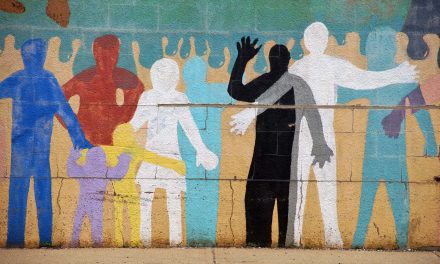
Immigration took center stage as the Republican National Convention resumed on July 16 in Milwaukee, with speakers spotlighting a key element of the convicted felon and former President’s political brand that helped endear Donald Trump to the radical GOP base when he began his first campaign in 2015.
Among the speakers on July 16 were families who had been impacted by violent crime, part of the GOP’s political propaganda that seeks to falsely link crime to border policies.
Immigration has long been one of Trump’s banner issues, as he has criticized the unprecedented number of migrants entering the country illegally through the U.S. border with Mexico. The numbers of unauthorized crossings have fallen abruptly after President Joe Biden issued a rule suspending many asylum claims at the border.
At rallies and other campaign events, Trump has pointed to examples of migrants who committed crimes and has blamed migration for the trafficking of drugs like fentanyl, even though federal data suggests many people smuggling fentanyl across the border are U.S. citizens. He has vowed to carry out the largest deportation operation in U.S. history.
Trump’s anti-immigrant rhetoric has also strayed into talking points not backed by evidence, including unfounded claims that migrants are entering the country to vote in the 2024 election.
Kari Lake, the party’s Senate candidate in Arizona, stuck to a dog-whistle message that appealed largely to the GOP base and her reputation as a former television news anchor turned conservative firebrand.
Bernie Moreno, who is running for the Senate in Ohio, spoke about how his parents immigrated from Colombia, emphasizing that they immigrated legally and alleging that Democrats have “encouraged millions” of people crossing the border illegally “to invade America.”
Meanwhile, delegates at the Milwaukee convention expressed joy and gratitude at Trump’s presence after surviving the attempted assassination Saturday at a rally in Pennsylvania. His ear bandaged, Trump appeared at Monday night’s session to rousing cheers, his expression often seeming subdued.
One of the delegates in the crowd could be seen with a folded white piece of paper over his ear — an apparent tribute to the bandage Trump wore on July 15.
Trump and Ohio Senator JD Vance, his vice presidential choice, were scheduled to appear in the convention hall every night, according to two people familiar with the schedule who were not authorized to speak publicly.
The nominee and his newly minted running mate sat together on July 15 in Trump’s first public appearance following his brush with gun violence. Vance is expected to give his own speech on July 17, with Trump to headline the last day of the event on July 18.
In the latest signal the party is solidifying to take on President Biden in November, several of Trump’s fiercest GOP primary rivals also spoke on July 16. They included former South Carolina Governor Nikki Haley, Florida Governor Ron DeSantis, and biotech entrepreneur Vivek Ramaswamy.
In the latest scene in a presidential campaign already defined by dramatic turns, Trump appeared triumphantly to wild cheers at the convention’s opening night on July 15. That was hours after the convention had formally nominated the former president to head the Republican ticket in November against President Biden.
The raucous welcome underscored the depth of the crowd’s affection for the man who won the 2016 nomination as an outsider, at odds with the party establishment, but has vanquished all Republican rivals, silenced most conservative critics, and now commands loyalty up and down the party ranks in an unprecedented authoritarian grab.
Trump has long decried rivals with violent language and talked about prosecuting opponents if he wins a second term.
At the convention, Georgia Governor Brian Kemp, who fell out with Trump over his refusal to go along with the former president’s election lies and attempts to falsify voting results, called the moment “a great opportunity for the country and the media – regardless of what side of the political aisle we’re on – to get back to the side of civil discourse and not try to demonize people.”
Still, several Republicans made clear that their calls for harmony and unity did not mean finding common ground with President Biden and Democrats.
Pennsylvania delegate John Fredericks had a simple recommendation for the immigration speakers on July 16: “Close the border. If you’re here illegally, get them out — now. That’s all I’m interested in. Get them out.”
MI Staff, with Michelle L. Price, Adriana Gomez Licon, Ali Swenson, and Christine Fernando
Associated Press
MILWAUKEE, Wisconsin
Morry Gash (AP), Julia Nikhinson (AP), Nam Y. Huh (AP), Evan Vucci (AP), Paul Sancya (AP), Jae C. Hong (AP), Matt Rourke (AP), and J. Scott Applewhite (AP)





















